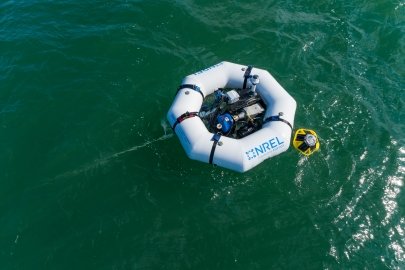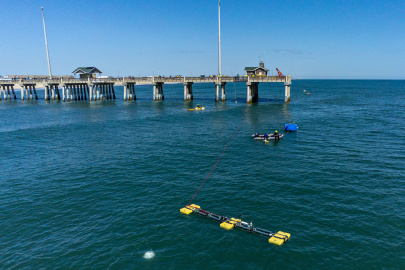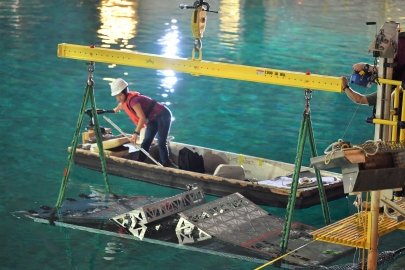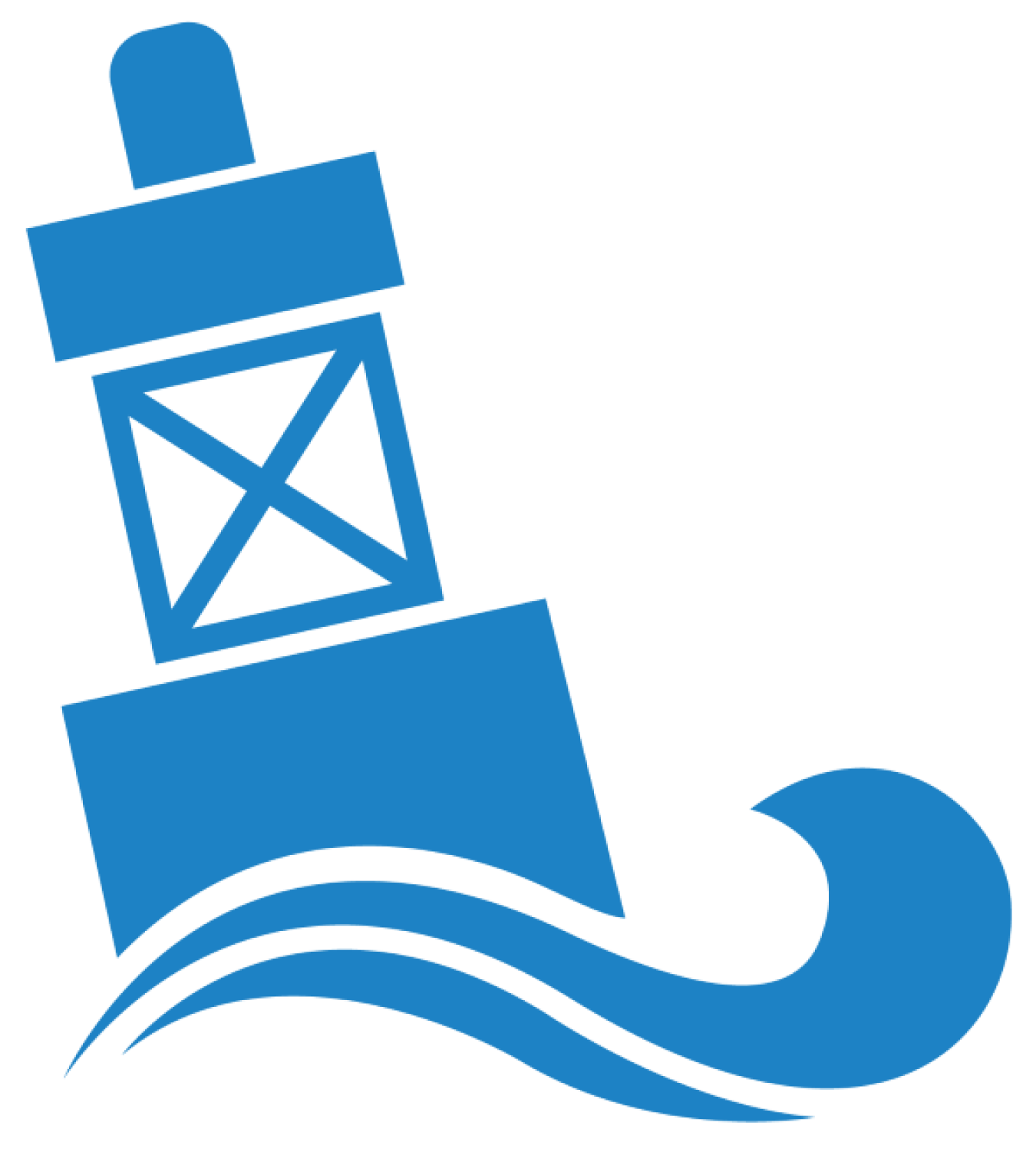DOE announced 12 competitively selected remote and island communities for the second Energy Transitions Initiative Partnership Project cohort.
Water Power Technologies Office
March 1, 2023Marine Energy Program
Powering the Blue Economy Initiative
Project Name: Energy Transitions Initiative Partnership Project
Project Team: National Renewable Energy Laboratory (lead for program administration), Alaska Center for Energy and Power, Coastal Studies Institute, Hawaii Natural Energy Institute, Island Institute, Lawrence Berkeley National Laboratory, Pacific Northwest National Laboratory, Sandia National Laboratories, Spark Northwest, and Renewable Energy Alaska Project
Participating Communities: Aquinnah and Chilmark, Massachusetts; Bainbridge Island, Washington; Beaver Island, Michigan; Guam Power Authority, Guam; Hui o Hau'ula, Hawaii; Igiugig, Alaska; Makah Tribe, Washington; McGrath, Alaska; Microgrid of the Mountain, Puerto Rico; Mount Desert Island, Maine; Nikolski and St. George, Alaska; University of Hawaii, Hawaii

In June 2022, the U.S. Department of Energy announced 12 competitively selected remote and island communities for the second Energy Transitions Initiative Partnership Project (ETIPP) cohort. ETIPP connects remote and island communities with regional organizations and national laboratories to develop strategies to improve their energy resilience, or the ability to anticipate and adapt to changing conditions and recover rapidly from energy disruptions. Projects in selected communities focus on efforts to reduce reliance on fossil fuels, increase energy efficiency and resilience, and optimize renewable resources and battery or storage technologies.
Energy resilience is a particularly complex and costly challenge for remote and island communities. Many of these communities face risks associated with natural disasters and climate change impacts, on top of high energy costs, vulnerable fuel supply chains, and unreliable energy infrastructure prone to outages or damage. ETIPP provides technical assistance—in the form of strategic energy analysis and planning—for communities to make informed decisions regarding their energy transition choices. ETIPP's community-driven approach keeps communities involved in the decision-making process, with regional organizations providing contextual knowledge of local culture and challenges to national lab experts, who use these insights to help identify the technical solutions that best meet community needs.
ETIPP is supported by the Office of Energy Efficiency and Renewable Energy's Water Power Technologies Office, along with the Energy Technology Innovation Initiative, Geothermal Technologies Office, Solar Energy Technologies Office, and Wind Energy Technologies Office.
Powering the Blue Economy Initiative Projects
-
 The National Renewable Energy Laboratory deployed its first wave-powered desalination test device in North Carolina’s Outer Banks.
The National Renewable Energy Laboratory deployed its first wave-powered desalination test device in North Carolina’s Outer Banks. -
 Competitors completed the Waves to Water Prize and produced some of the first wave-powered desalination prototypes to ever be deployed.
Competitors completed the Waves to Water Prize and produced some of the first wave-powered desalination prototypes to ever be deployed. -
 Ocean Observing Prize Awards BUILD Contest Innovators Investigating Rechargeable Underwater VehiclesDOE announced three winners of the Ocean Observing Prize’s BUILD Contest. In June, competing teams concluded this contest by testing their marine energy-powered ocean observing prototypes in a state-of-the-art wave tank.
Ocean Observing Prize Awards BUILD Contest Innovators Investigating Rechargeable Underwater VehiclesDOE announced three winners of the Ocean Observing Prize’s BUILD Contest. In June, competing teams concluded this contest by testing their marine energy-powered ocean observing prototypes in a state-of-the-art wave tank.
WPTO's Marine Energy e-newsletter shares news and updates on tools, analysis, and emerging technologies to advance marine energy.
The WPTO e-newsletter brings funding opportunities, events, publications, hydropower, and marine energy updates directly to your inbox.


